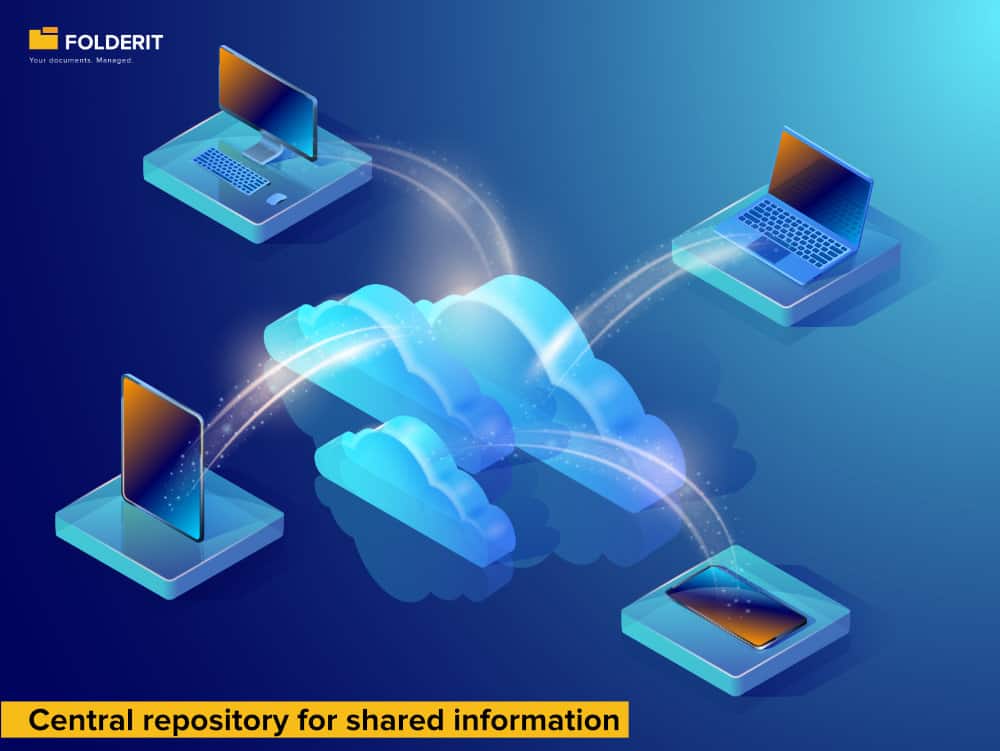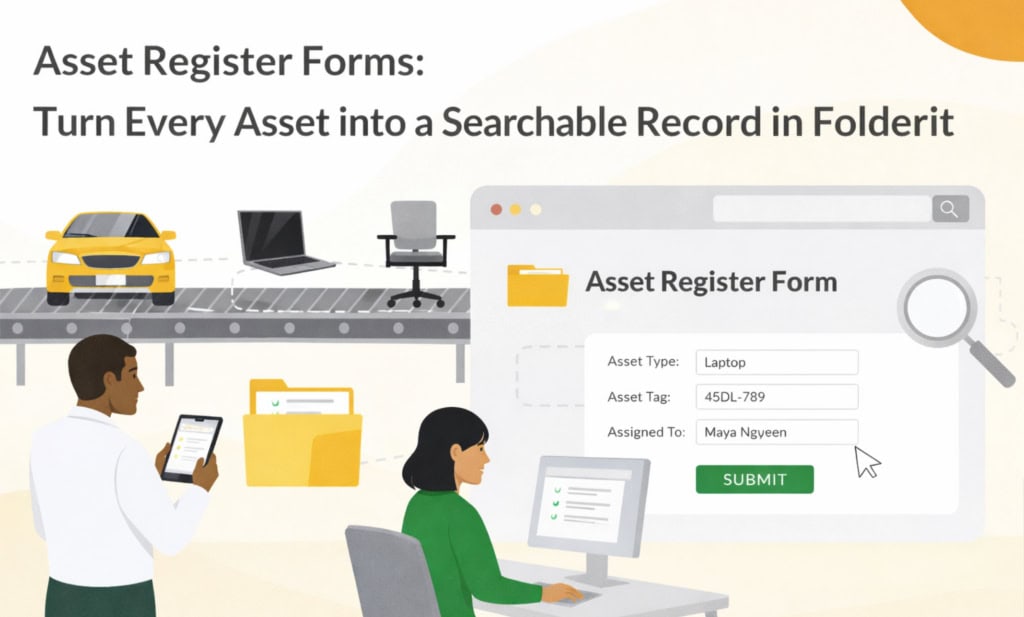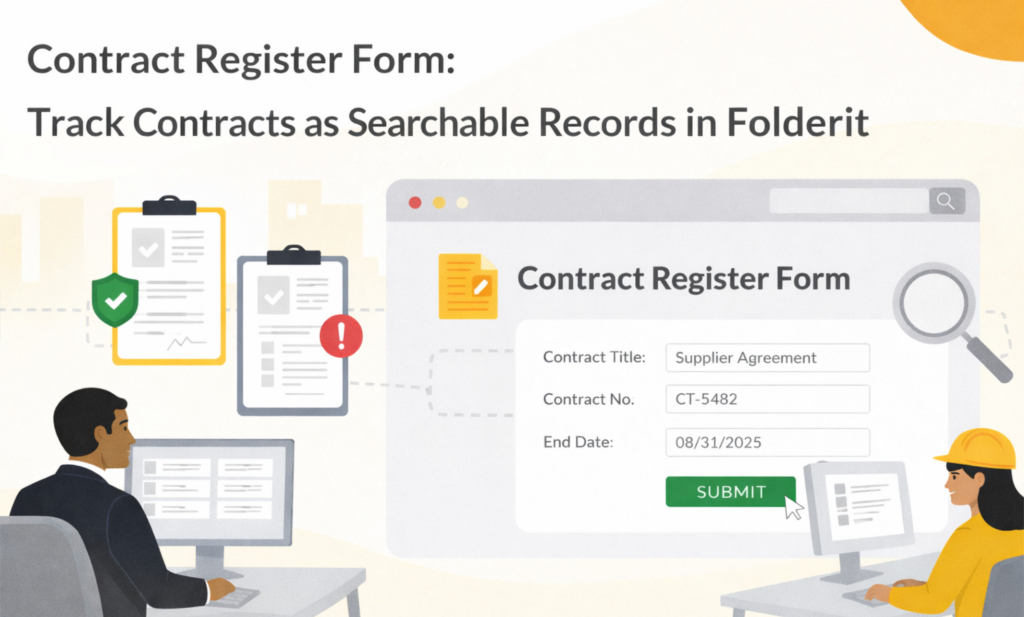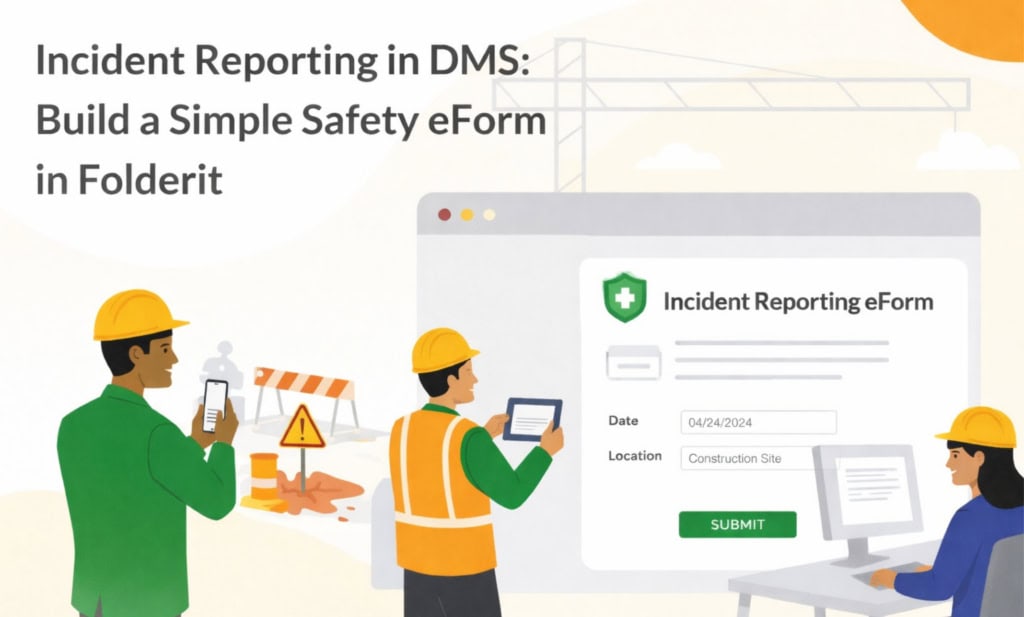
Project managers, inventory managers, consultants, people working on M & A, etc. Will all ultimately need a space where they can access shared information.
This can best be accomplished by use of a centralized repository for shared information where all stakeholders have equal access to the same content.
However, when we use the word “shared information”, concerns like data safety and security become paramount. We want to make sure only the people we trust have access to the information and nobody else. We also want to make sure that nobody tries to get their hands on said information unfairly (say, by hacking into the system). Lastly, we definitely don’t want anything happening to the information such that nobody ends up having access to it altogether (like theft or damage).
A safe system needs to offer the following perks:
- Safety and Security
- User access controls
- Collaboration
Folderit is Safe and Secure
It is easy to understand the agony of losing a physical copy, but physical copies aren’t designed for simultaneous access by multiple people, especially if the people are in different locations. Not to mention that a physical copy is only as safe as the environment it is saved in and cannot be trusted for longevity. Virtually, however, we can put the information on a physical server and let users access that information from their terminals, but that entire information supply chain is only as strong as the weakest link. Not to mention these physical servers are still susceptible to physical damage.
However, Folderit provides a solution that bypasses all those concerns, yet remains easy to implement for the users by using a cloud storage solution. This lets users connect remotely from any web-enabled device anywhere in the world with a working connection. A remote location that is backed up in triplicate, so you don’t risk losing any data.
Folderit is encrypted by 256-bit bank-level security, which means it would take trillions upon trillions of years for even the fastest supercomputer to try and get into the system. Moreover, all communications in and out of the system are carried out via SSL encryption. So, you can rest assured that nobody is getting into that system without the pre-requisite authorization.
You can also implement a password policy of your choice throughout the system to make sure there are no weak links in your central repository for shared information.
User Access controls on your Central repository for shared information
When you have a multitude of stakeholders on your system, you want to be able to grant them sufficient access to be able to do their jobs well, while not so much that they might end up some place where they don’t need to be. To accomplish that Folderit’s cloud storage allows people to have varying degrees of access to different types of content.
A central repository for shared information would make sense if all the users had the ability to view the information without changing it. That means you could configure a folder that contains all the pertinent information and allow the relevant users to have read-only access to said folder. You can also configure it such that the folder does not even appear to exist to other users.
Collaboration
You can also configure Folderit such that some users are working on these folders as part of a team. Teams need to work together, which might present as a challenge if the teams are remote. However, with Folderit’s platform being equally accessible anywhere on the planet means you can focus on the work without worrying about “how”.
With Microsoft Office 365’s (separate subscription required) you can collaborate with your teammates on Microsoft Word, Microsoft Excel, and Microsoft PowerPoint projects in real-time as if you were sitting right next to each other. You can similarly collaborate on a file, or a folder. Or, you can configure it to lock everyone else out while one is working on it.
That coupled with Folderit’s power OCR search, versioning, audit-trials, and so many other features make it a powerful solution.
Conclusion
Using a central repository for shared information should not be needlessly complex. No matter the application, centralized work should be as simple as logging in and getting access without having to worry about accessibility, security, or downtime.





